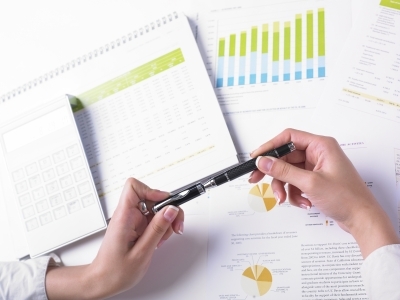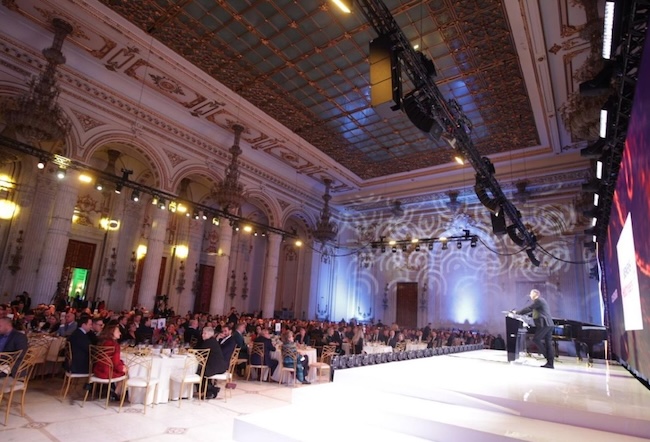EU Commission revises upwards estimations on economic growth: 2.7 percent in 2015

The European Commission has revised upwards the estimations on Romania’s GDP growth expected in 2015 from 2.4 percent to 2.7 percent, according to Winter Economic Forecast.
“Economic growth in Romania is forecast to stay above potential, at 2.7% in 2015 and 2.9% in 2016, powered by domestic demand and also supported by the gradual recovery expected in the global economy”, states the Commission’s report.
Last year’s growth rate has also been revised, being estimated to have reached 3 percent, 1 percent more than the previous estimation as a result of better-than-expected private consumption and exports.
In 2015 private consumption is expected to remain strong as the purchasing power of households in supported by growing salaries, low inflation, falling interest rates and improving market conditions. Besides, local currency lending is projected to continue growing on easing credit condition and an anticipated slowdown in the deleveraging process.
On the other hand, the EU institution’s prognosis indicates a recovery in both private and public investments.
“The improvement in investor confidence, together with recent changes in tax policies favorable to businesses (a tax credit for reinvested profits, lower social security contributions and a lower special construction tax) and improving financing conditions are likely to boost private investment. Moreover, public investment is expected to accelerate driven by a pick-up of projects co-financed with EU funds”, reads the report in question.
Risks to the macroeconomic and inflation outlook appear broadly balanced. Downside risks include faster-than-expected deleveraging and the impact of a further deterioration in geo-political tensions from the Ukraine-Russia conflict hurting market confidence and the economic outlook in major trading partners. Upside risks are related to stronger-than-expected effects from the EU Investment Plan and actual implementation of more structural reforms.
Inflation is forecast to remain at moderate levels and to reach an annual average of 1.2 percent in 2015, mainly due to the significant decline in energy prices, subdued inflation in the EU and lower inflation expectations, while in 2016 it is expected to accelerate to 2.5 percent as the recovery in domestic demand continues.
As regards the government budget deficit, the EU Commission’s report anticipates a further decrease in 2015 to 1.5 percent of GDP, whereas last year it is estimated to have narrowed to 1.8 percent of GDP from 2.2 percent in 2013.






